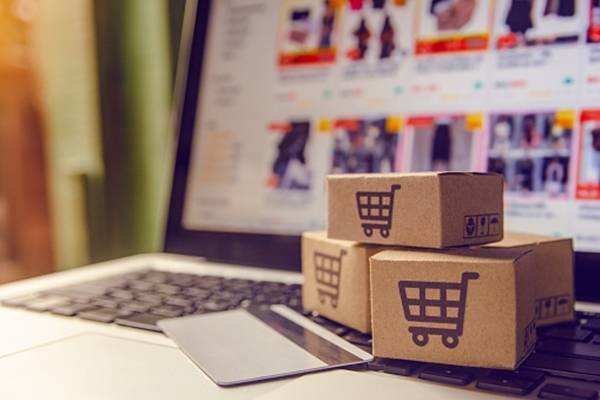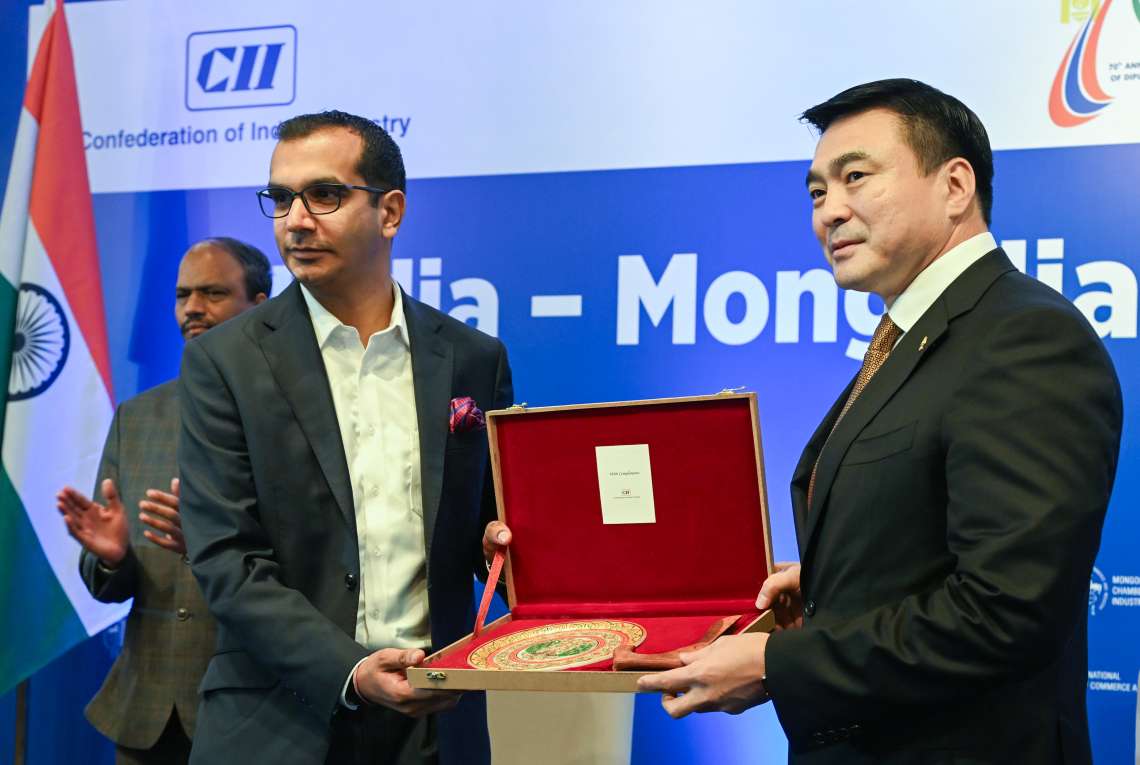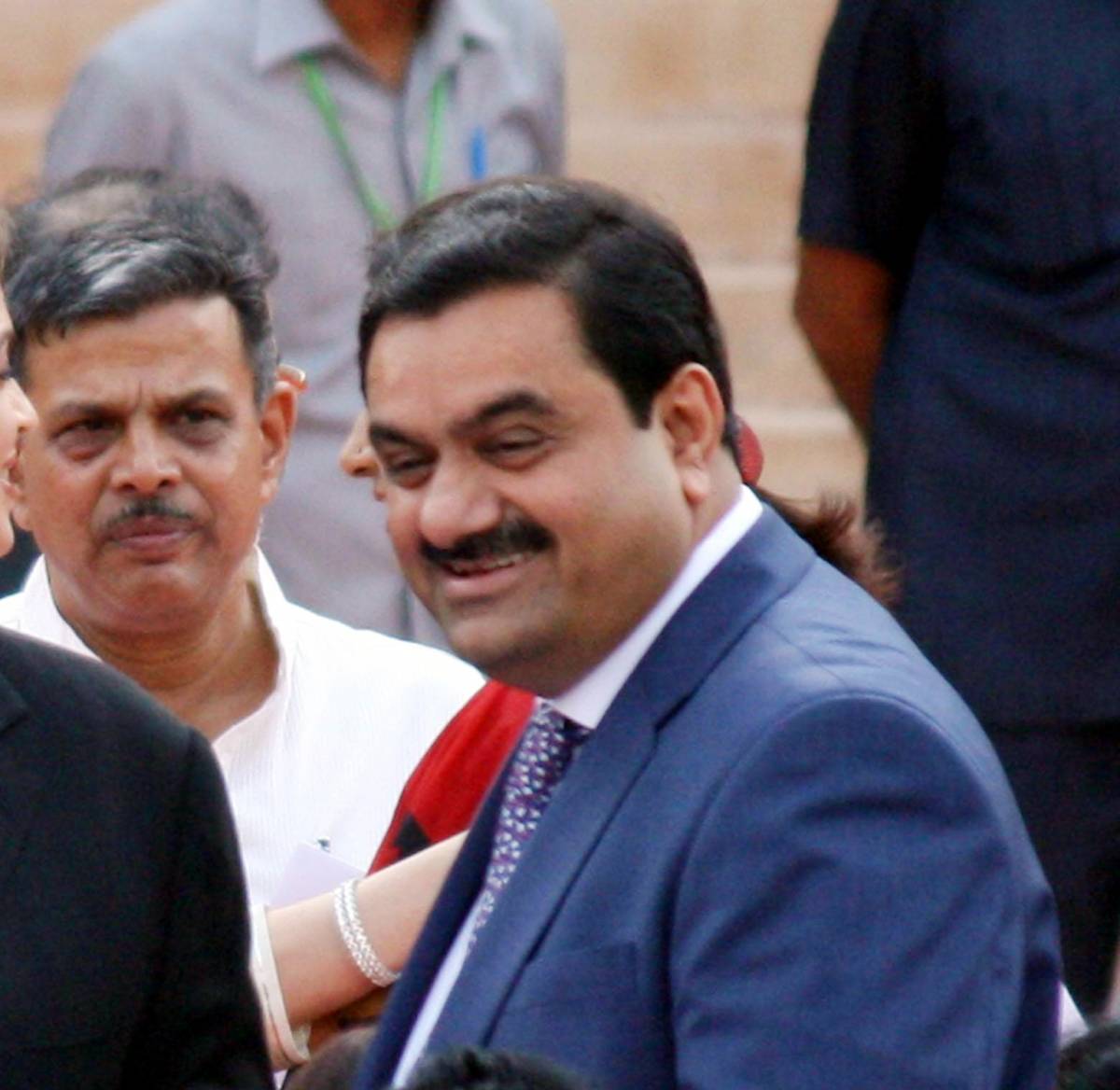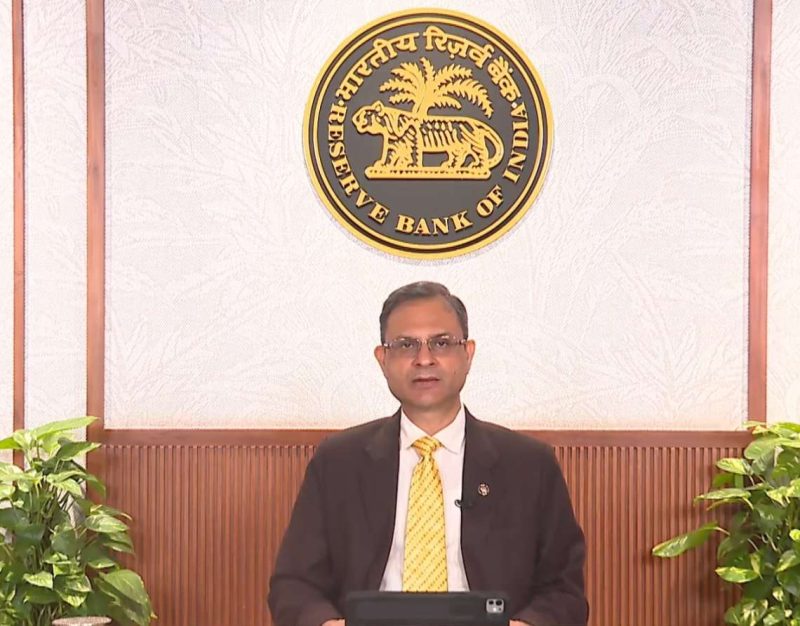The Indian consumer and retail sector is all set to bounce back strong with e-commerce gaining a stronghold in the post-Covid-19 world…reports Asian Lite News
The Indian consumer and retail sector is all set to bounce back strong with e-commerce gaining a stronghold in the post-Covid-19 world. Grant Thornton Bharat’s survey on consumer buying trends has revealed that 75 per cent of respondents are ready to spend as much/more than the pre-Covid-19 levels.
Over 4500 respondents participated in the survey conducted across digital platforms.

“The data is a positive indicator for the consumer and retail sector, hinting at increased consumer confidence and heightened optimism backed by mass vaccination drive, better spending capacity and uptick in economic activity,” Grant Thornton Bharat Partner and National Sector Leader, Consumer and Retail, Naveen Malpani, said.
According to the survey, 52 per cent of the respondents said they prefer the hybrid shopping model (online + offline). Consumers are increasingly engaged in both digital and physical touch-points to make informed decisions. Clothes and accessories (28 per cent) and mobile phones (25 per cent) have the highest share of the pie in items people prefer buying online.
Interestingly, the survey also revealed that 58 per cent prefer to buy high-end luxury products online rather than going to branded stores.
“More than half the respondents favoured buying luxury branded products online, hinting at the level of trust that these e-commerce portals hold. Businesses may need to adapt to such a buying shift rather than chase new store openings for driving sales,” Malpani said.
ALSO READ: 10% of thermal power companies still remain vulnerable in India
An increasing number of consumers are becoming environment conscious and socially responsible, as 63 per cent respondents agree to being more drawn to purchasing environment sensitive products.
Companies need to now spend a higher share of their budget on products that don’t/least harm the environment, thereby making ESG (Environmental, Social and Governance) compliance a key agenda in their corporate strategies.
The survey also indicates at a great opportunity for local manufacturers, as people are more attracted to locally sourced products. As many as 62 per cent of the respondents said that mentioning the country of origin of a product would impact their buying decision.














